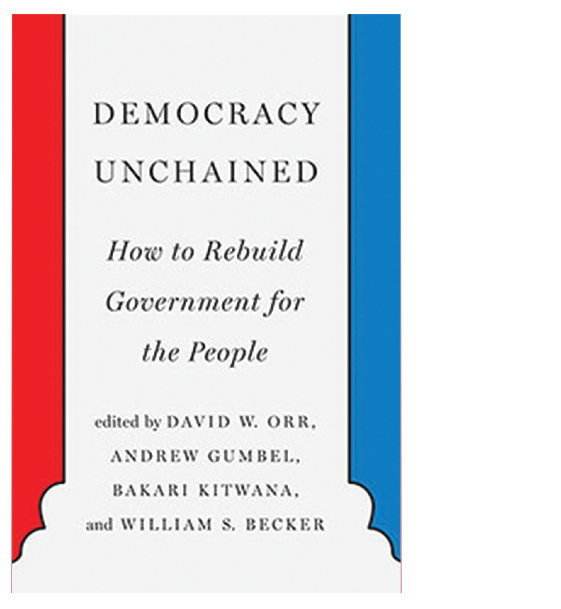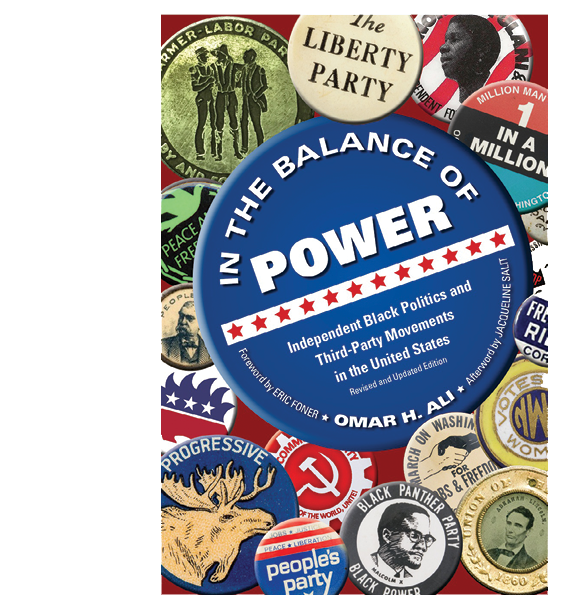CONFRONTING A NEW REALITY:
INDEPENDENTS SPEAK OUT
A National Survey of Independent Voters
in the Time of Pandemic and Protest


A Message (and Thank You) from Jacqueline Salit
President, Independent Voting
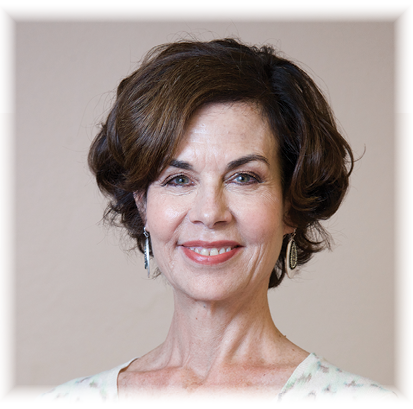
My sincerest thanks to the 3,620 people who participated in this survey. You’ve given the country a great gift—an independent handle on how things (government, politics, media) are
working—and not working.
Yes, we’re in the midst of a pandemic. Yes, we’re in the throes of deep social protest to confront the age-old legacy of racial injustice. Yes, we’re seeing economic security fly out the window. And, we are also living through a time when partisanship—the glorification/demonization of parties and ideological purities—and its deadly consequences are painfully clear. You, my fellow and sister independents, have told this story. And it is a story that should be shouted from the rooftops, or their virtual equivalent.
There is a huge clamor now about the importance of voting in the November elections. Surely,we must. Everybody must be allowed to vote. Every vote must be counted. Those responsible forrunning the elections must guarantee this. It is, after all, their system. They should do their jobs.
Forgive me, though, if I am a contrarian. Voting is not enough. Not nearly enough. Not when the political system itself is in a state of corruption and disrepair. What I love about this survey, its results, and the activity of collecting the responses is that it develops new leaders and activists; builds local, regional and virtual infrastructure; and makes it harder and harder to ignore the reality that 40% of Americans are independents. If our country is to free itself from the clutches of partisanship, independents will have to lead the way.
Randy Miller, Tiani Coleman and Gwen Mandell—who did an incredible job leading this project— reminded me before we published this report that the survey’s methodology is not “scientific.” But, Randy said—and Tiani and Gwen agreed—the results are undeniable. They surely are. And they are also actionable.
I look forward to working with everyone who brought this survey to life, as well as those who are just now seeing the results, to respond to its findings and grow our movement.
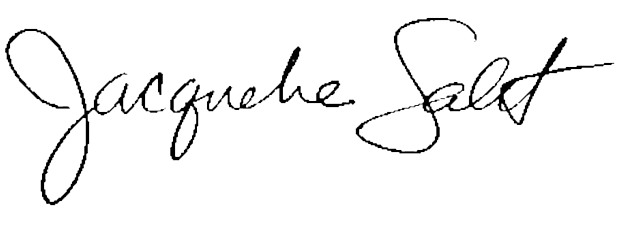
Jacqueline Salit
In 2018, as we approached the midterm elections, we chaired Independent Voting’s campaign to conduct a survey of independent voters entitled, “9 Questions for the 44%,” a survey aimed at exploring whether independent voters (voters not aligned with a political party) were really independent, or whether they were simply closeted partisans—closeted Democrats or Republicans, as pollsters traditionally suggest without unbiased evidence.
That survey, with over 5,000 responses, overwhelmingly demonstrated that independent voters are independent because they do not feel the parties represent them and they believe that the parties put their own interests ahead of the interests of our country. That survey also indicated that independent voters overwhelmingly favor open primaries, presidential debates inclusive of candidates from outside of the two major parties, and less partisanship in our political system.
In 2020, in the midst of a global pandemic, national unrest, and an impending presidential election, we conducted this new survey, “Confronting a New Reality: Independents Speak Out” to take a deeper dive into the specifics of what makes independent voters tick. Regardless of the circumstances, the unifying theme with independent voters seems to be that they want to see reforms that will make government start working for the people–not for the parties, the politicians, or the systems they use to prevent change.
Independent voters are optimistic that if we open up the electoral system and make it more democratic for everyone, we will start to see less partisanship and more cooperation for the good of everyone and for our country as a whole.
We want to thank the staff at Independent Voting for expending their resources to conduct this survey, as well as the many organizers and partner organizations who helped share the survey with others. We think that if you carefully comb through the data yielded by this survey, you will see important themes and trends emerge that, if cultivated, could unify our country.
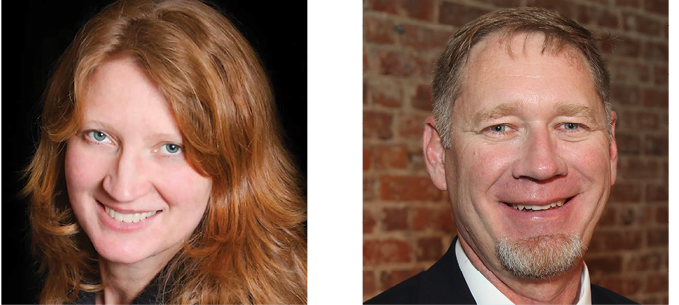
Tiani Coleman,
President of New Hampshire Independent Voters
Randy Miller,
President of Utah League of Independent Voters
Campaign Co-Chairs
Independent Voting launched its second national survey, “Confronting A New Reality: Independents Speak Out,” as the Coronavirus was beginning to spread.
As there are more independents (40%) than either Republicans (25%) or Democrats (31%)1, independents believe they should be a central part of the dialogue and the process, not a mere afterthought. In this survey, we set out to shine a light on the 40% of Americans who are independents and give them a chance to be seen and heard.
We asked about the political impact of the Coronavirus crisis, the bumpy road through the 2020 primary elections and why people choose to identify as independents. We also gauged support for some possible options for a new kind of presidential nominating process for 2024.
While we were conducting the survey, tumultuous changes in the country occurred. A mass movement began to develop centered around the country’s longstanding history of racism and racial violence. Intensified by the economic and health crisis which exposed deep fissures in the existing political and social institutions, growing numbers of Americans—of all persuasions—questioned the ability of our leaders to provide for the most basic of needs. We added a question for the survey’s endgame to include independents’ views on these game-changing events.
During the one hundred (plus) days (April 2–July 15) that the survey was conducted, 3,620 people from every state in the country participated. The survey was conducted via email, online and social media communication; through word of mouth and person-to-person sharing; and through phone calling. The greatest number of surveys were collected in Florida (520), California (358), New York (235), Pennsylvania (153) and Arizona (151). Most questions were multiple choice (with the option to choose more than one) and included an “other” option for people to fill in their own answer if they wished.
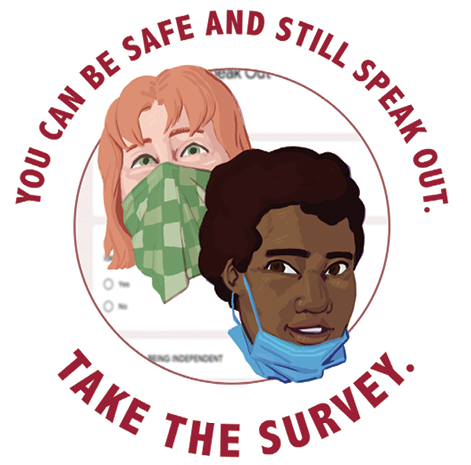
Like independents in general, survey takers were diverse. They spanned the philosophical spectrum and were spread out among demographic categories. Some were incontrovertibly independent, while others join a party when required to be able to vote in the primary. Some had previously been a member of a party but felt they needed to make a change. Respondents were evenly divided among these categories, with another 4.7% saying they considered themselves a member of a minor party. (Spoiler alert: Being an independent is NOT equivalent to being in or advocating for a minor party.)
1 Gallup, May 28-June 4, 2020
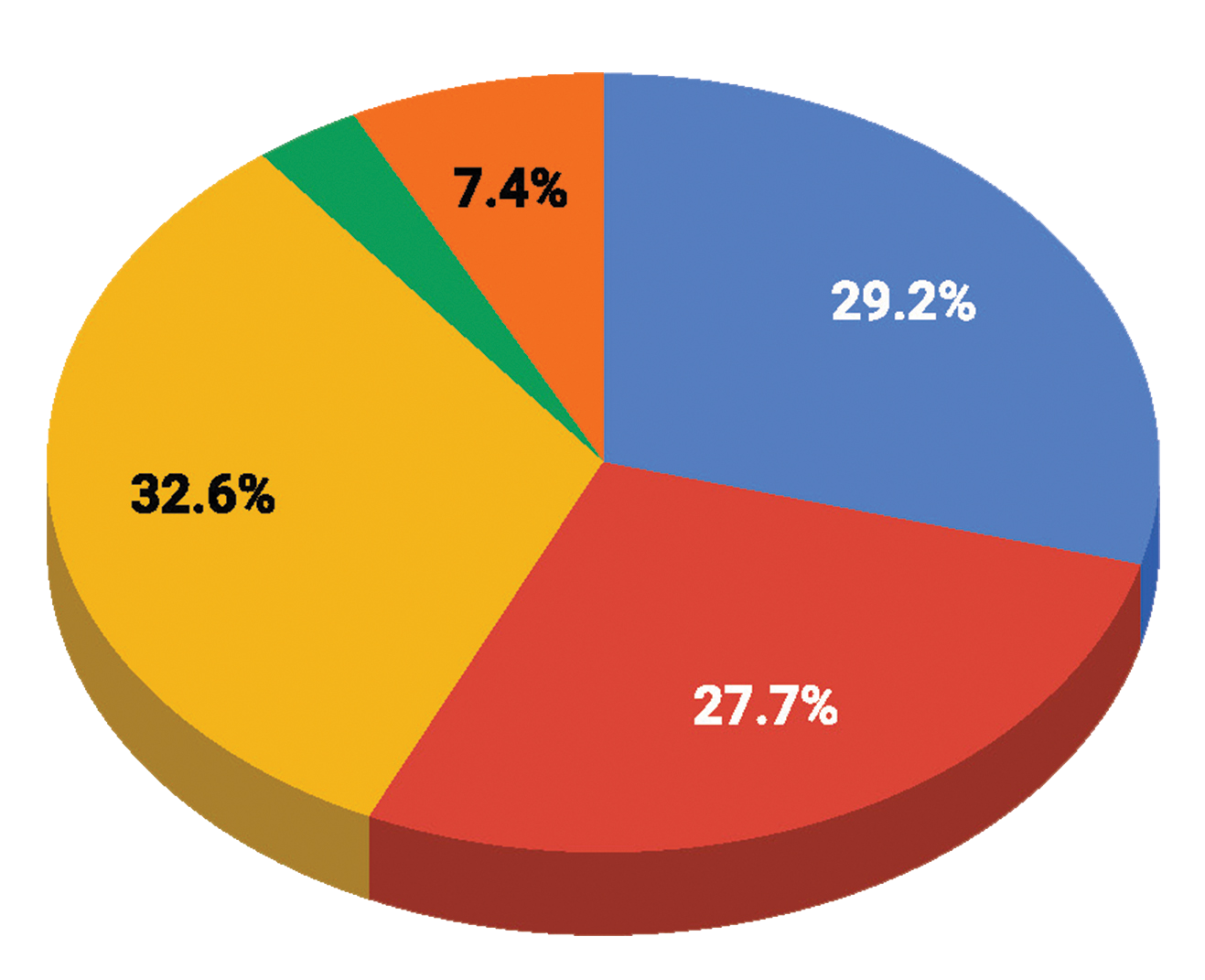
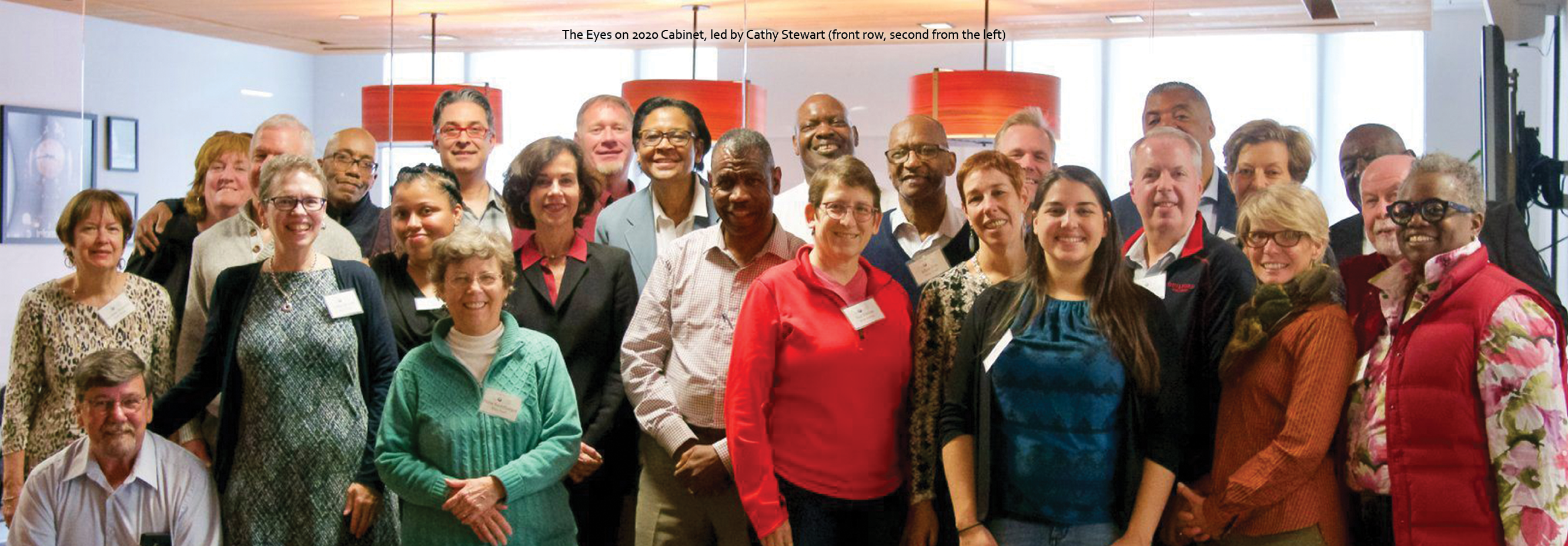
In a question designed to determine why voters choose to remain independent (even though substantially locked out of primary voting and other aspects of political activity), the largest cohort said they liked being independent because they’d rather vote for the person, not the party (55.3%). Close behind were those who said “The parties are corrupt, pure and simple” (50.5%) and “Partisanship is screwing up everything, and that has to stop” (47.5%). 46.4% said “No Party represents me” and 41% said “Politics in this country has to change and this is a first step.” Interestingly, the percentages of those who cited the corruption of the two parties as a main incentive for their independence varied widely between age groups (65.9% of 18-24 year-olds vs. 45% over the age of 60). Strikingly, 41.6% of 18-24 year-olds said “It’s a way that I can protest the two-party system,” as opposed to 23.7% of those over 60.
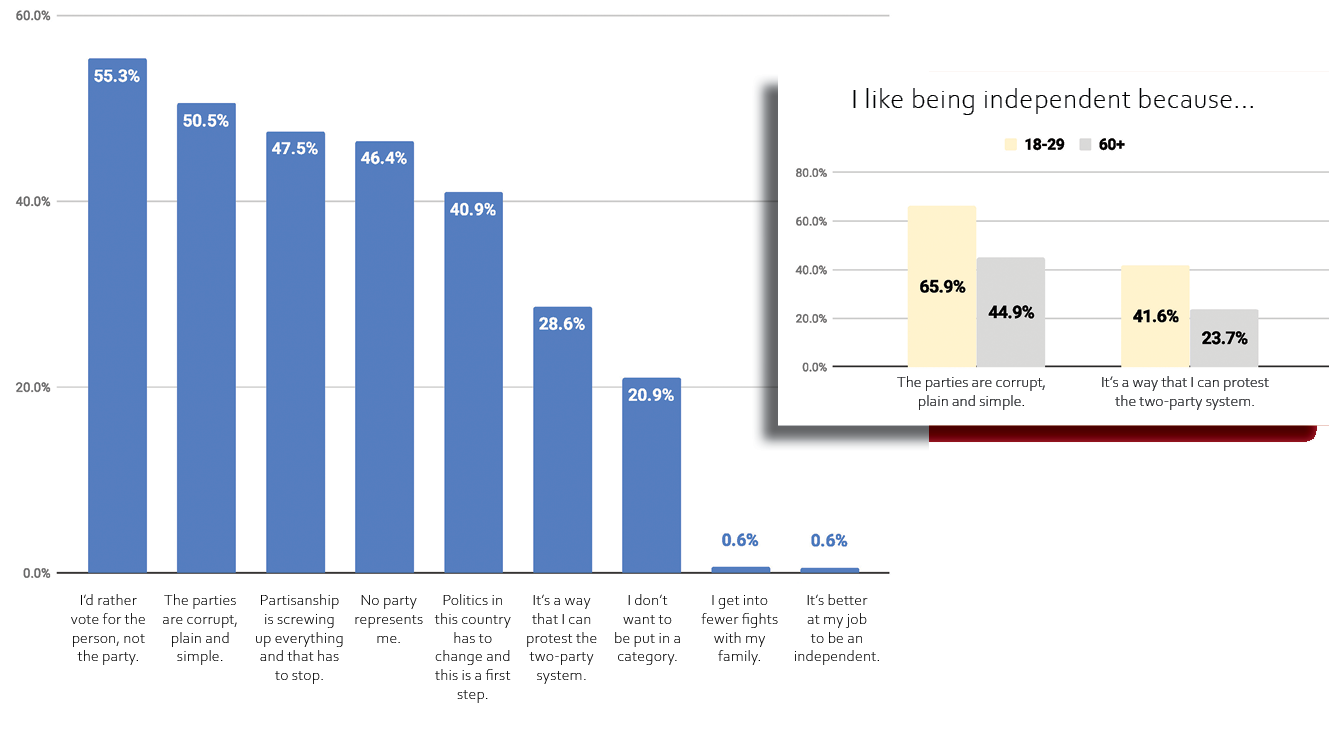
Overwhelmingly, survey respondents—by rates of 80%‒felt that the Coronavirus has made the problem of partisanship clearer and more critical to address
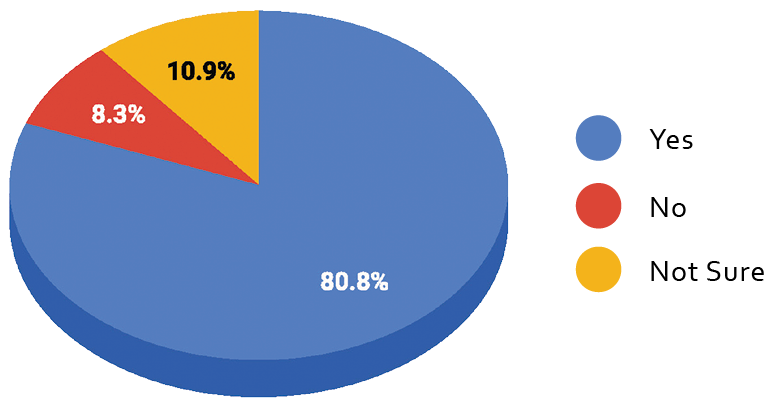
A whopping 76% believed that mistakes have been made on all sides, but the most important thing is to get on with meeting the needs of the healthcare system and the economy. 70% thought that the President is spending too much time promoting himself rather than leading. And 55% felt that the Democrats have been spending too much time attacking the President. 63% thought that the main problem with partisanship is that it causes policy paralysis.
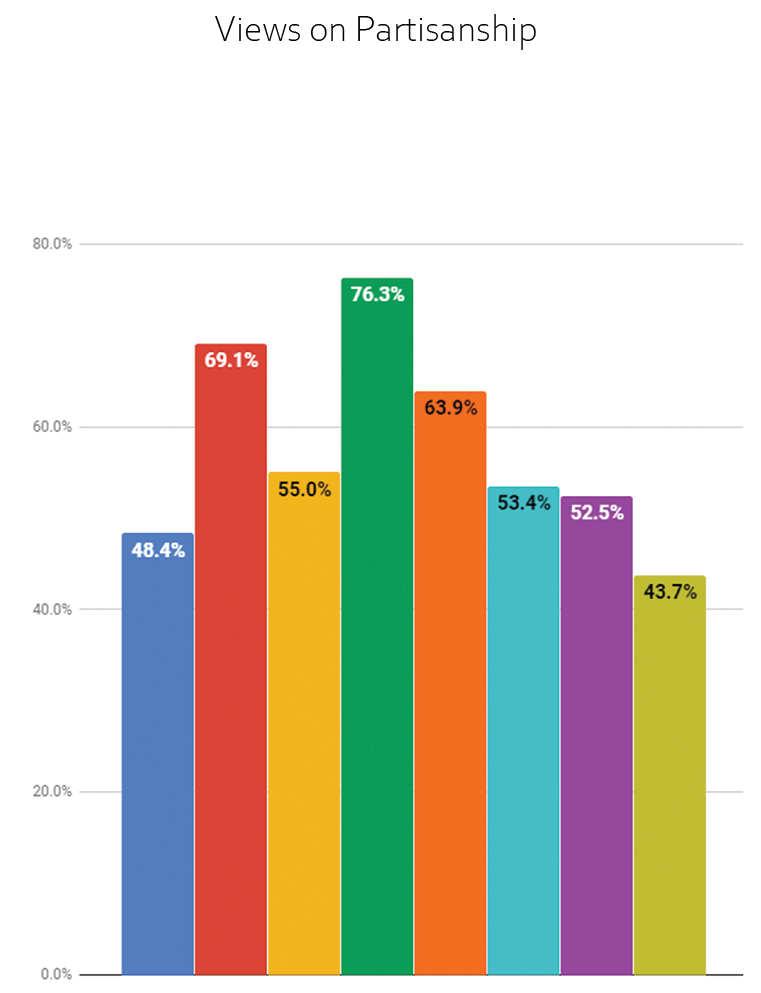
It would be fair to conclude that independents want to halt the divisiveness which dominates the partisan election process, looking to move beyond retribution or blame to a more equitable and healthful political process. When asked about their biggest regrets about the 2020 election cycle to date, 62% responded that independents were locked out of the process and 56.7% said that the media is so biased on both sides that truth and objectivity have become impossible.

And, looking forward to the future? Many independents (61%) want to explore the possibility of a nonpartisan all-independents nominating process for the 2024 presidential election (700 signed up to be part of that discussion). Unifying the reform/independent movement? More than 79% believe that leaders from political reform organizations should join forces and collaborate.
Do you think independents should begin to work on creating a new pathway to winning the White House in 2024 through some kind of national All-Independents primary?
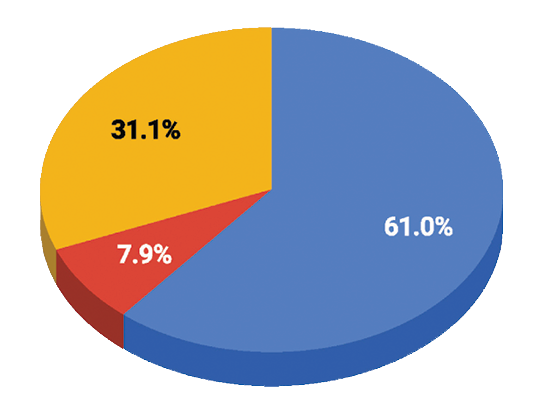
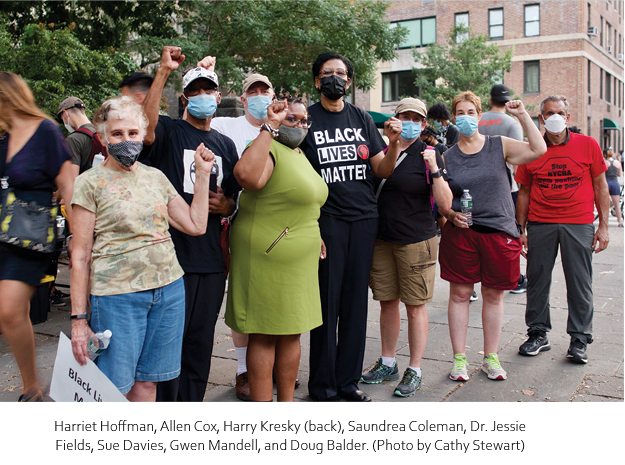
When asked to select political reforms to be put on a public agenda, recommendations included ranked choice voting, debate reform, ending gerrymandering, abolition of the electoral college, dark money reform, and mailin voting. First and foremost, respondents pointed to a variety of ways that the primary system needs to be reformed, including ending taxpayer funding of party primaries. More than a few advocated the elimination of the party system altogether. Term Limits, however, overwhelmingly topped the list, underscoring the deep exhaustion with and distrust of the current political system.
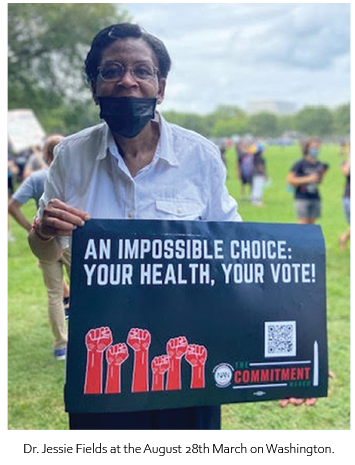
Following the brutal murder of George Floyd at the hands of Minneapolis police officers and the ensuing mass protests, we added an additional question which asked surveytakers to share their feelings on the urgency of police reform and the need for racial justice. Over 1,000 people answered this question. While there were differences in the approaches they supported—some support defunding police departments, some don’t— the majority believe that significant reform is needed and that the current system perpetuates racial injustice and social divisions.
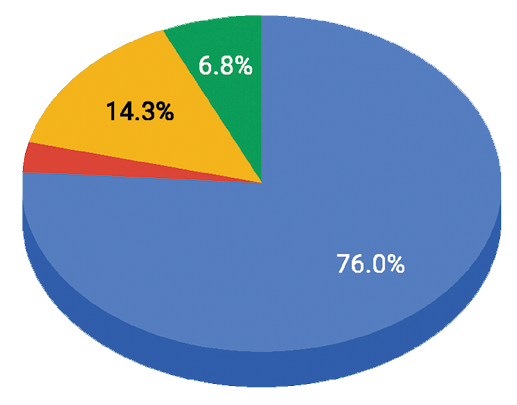
Police Reform
Do you think the leaders of the many different groups and organizations that work for political reform should join forces and collaborate?
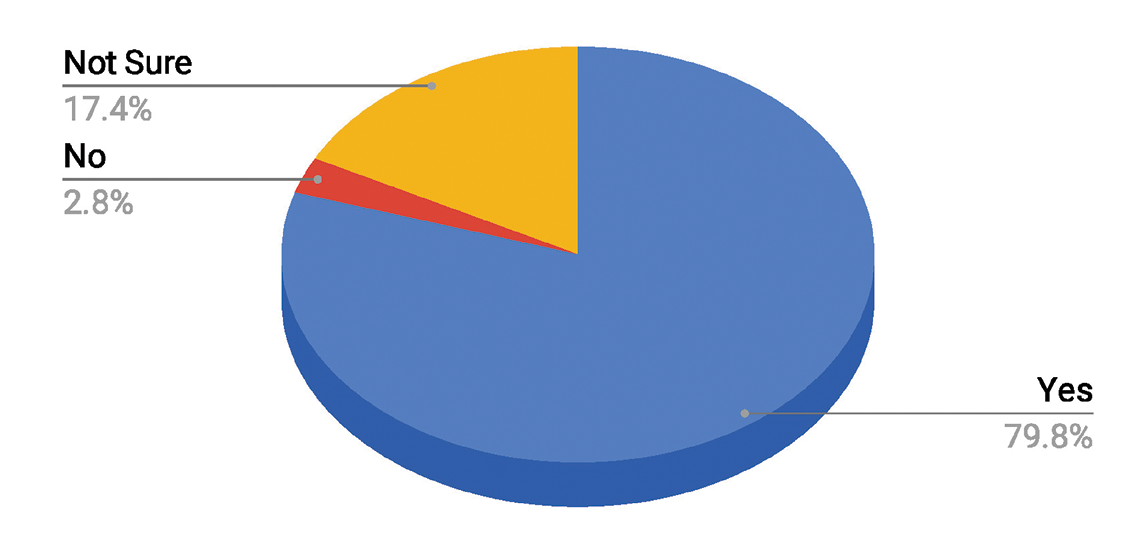
Many respondents—across racial, geographic and political lines—said that the country needed new approaches to these problems.
Creating new political tools to move the country forward became a recurring theme in survey responses. What does this mean for the future? It means that independents are a critical social and political engine for enabling progress and disabling corruption. For a new politic. For a new America.
Dozens of independents took up the cause of circulating the survey. More than 1300 survey takers agreed to share it with friends and family members. California’s Independent Voice activists got together (virtually) each week to phone bank the survey to independents in their state. Elsewhere, activists combed their contact lists to share the survey with a personal message. Many posted links to the survey online. One created a show on his YouTube channel dedicated to the survey. Facebook, Instagram and other social media campaigns were employed. Organizations including Open Primaries, Florida Fair and Open Primaries, Independent Voter Network, SAM, Movement for a People’s Party and Independent Black Voters posted the survey for their networks. The Fulcrum and Independent Voter News published articles which helped get the word out.
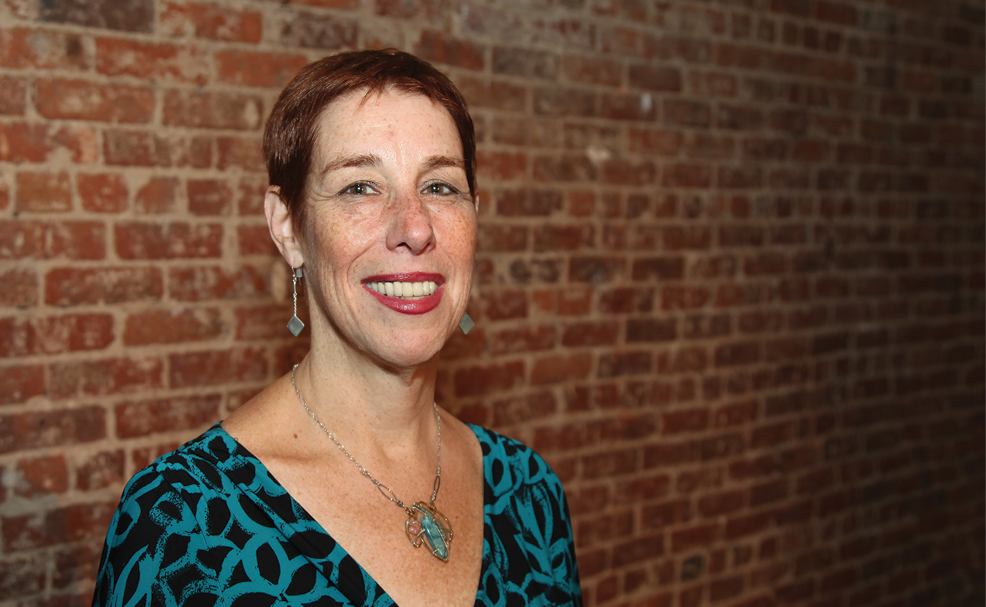
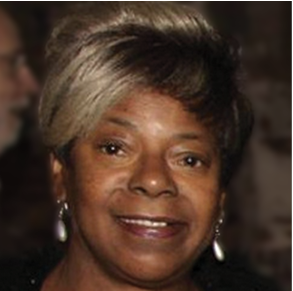
I loved doing the survey. I got to talk to indies all over the country and get their opinions– about the Coronavirus, Black Lives Matter and the upcoming presidential race. I’ve been concerned, and others I spoke with were also concerned, about the lack of choices this election. I’m even more compelled to help to establish a process for building something independent for the next election. People are ready to look for something outside the two parties and to make sure that everyone has full voting rights.
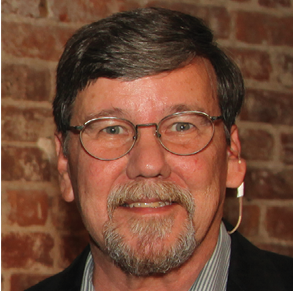
My outreach tapped into networks I’ve built over the past three years. We ran an engaged open primaries campaign during the Florida Constitution Revision Commission process where open primaries became the second most popular issue. We posted an online petition asking the Florida Secretary of State to end public funding of private primary elections. These efforts garnered almost 2,500 names. My outreach in Independent Voting’s Eyes on 2020 campaign produced 2,500 more names. I emailed each of these contacts, asking them to fill out the survey and I shared the notices on Facebook in various political groups.
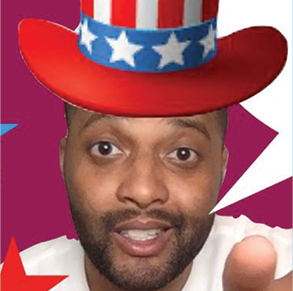
This survey presented another opportunity for my voice to be heard as an independent voter. I did some phone banking but found that posting a video on my YouTube Channel was the best way for me to get the word out. In the video, I explained the survey to my viewers and threw in a few political jokes that suited my sense of humor. I am changing my tempo on how I advocate for causes I am passionate about, and I was delighted to have been asked to create a video regarding Independent Voting’s survey.
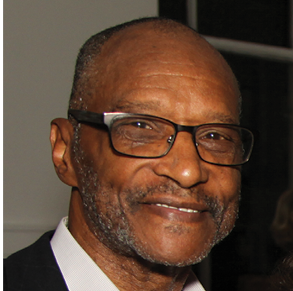
As a longtime organizer of campaigns to give a voice to the independent voter, one of the most rewarding activities I’ve participated in has been talking to independents around the country. Doing the survey not only gave me the opportunity to confirm many of my suspicions about why people become independents and their objections to partisanship, but I also learned who people are by having conversations with them. Whether they were Trump supporters or whether I liked the way they answered the question about police reform, I was moved by their decency and had lots of fun doing the survey.
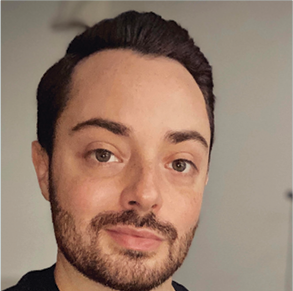
This survey was a great way for me to connect locally with other independent voters. Doing so allowed me to start building a network that I’ll be able to utilize in the future for grassroots change in my community. We’re definitely stronger together!
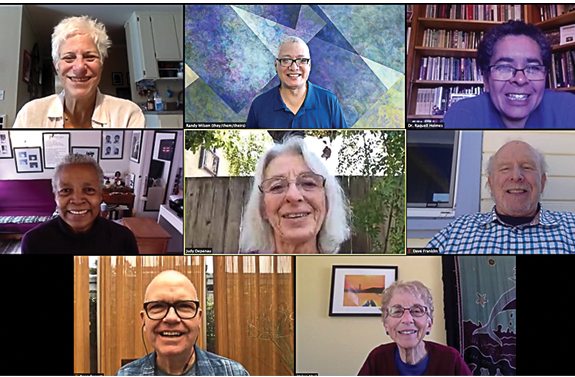
Helen Abel, Sean Garrett, David Franklin, Elouise Joseph, Jill Battalen and Raquell Holmes and I (center) made calls to contacts about the survey. We met via Zoom before and often after to share tips and stories. Survey participants were eager to be heard. Independent voters are resilient, committed, and creative! These independent thinkers had great ideas about how to improve the political climate and processes. I often felt uplifted by their thoughtful responses, their engagement in our democracy, and their desire for positive change. Making these calls was a very energizing experience; I’d gladly do it again.
Each year, Independent Voting celebrates leaders and activists from across the country who have taken a stand against the corruption of the political system. Our last awards ceremony, the Anti-Corruption Awards, took place just a short time before the Covid-19 virus arrived in the U.S. So, we look back at the ceremony with a longing for togetherness (in person) and for the day when we can once again gather safely in person. In the meantime, the fight against political corruption goes.

In the days after the murder of George Floyd, Jackie Salit convened a national webinar to discuss the responses to this brutal event— both legal and political—and to bring to independent voters across the country an inside look at what was to come. Her special guests (left to right) were Michael Hardy, General Counsel to the National Action Network and Rev Al Sharpton; David Cherry, President of the Leaders Network in Chicago; and Dr. Jessie Fields, Harlem physician and longtime reform activist. This discussion inspired an ongoing conversation about the ways in which the fight to bring an end to racial injustice intersects with the battle to reform the political process.
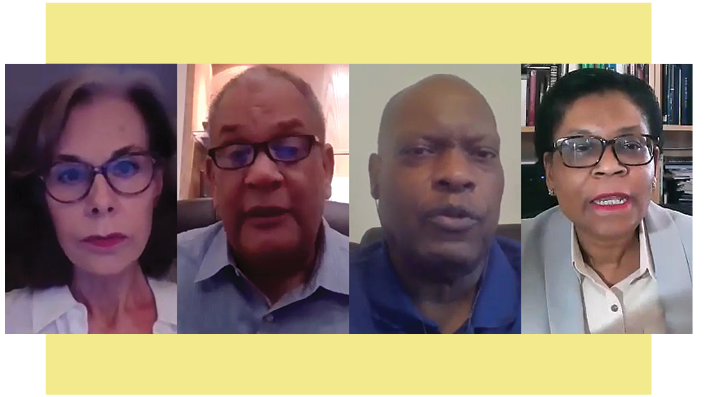
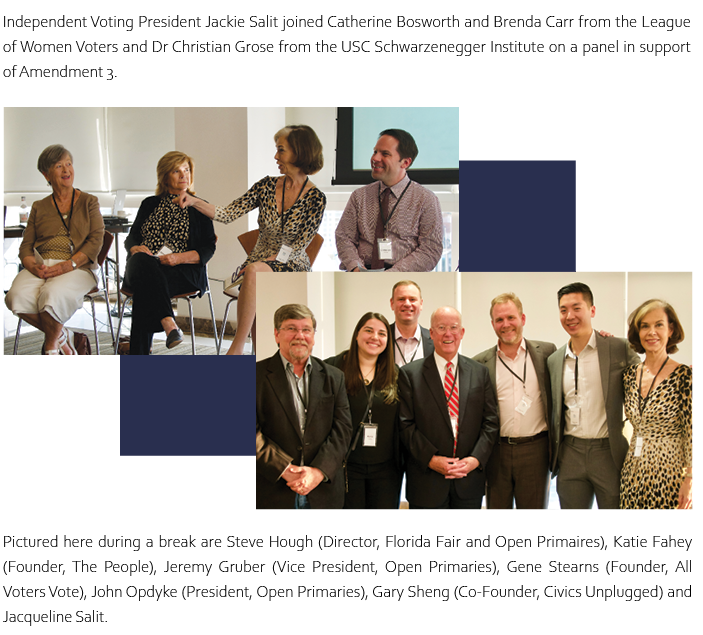
This November the voters of Florida will have the chance to enact a non-partisan Top Two primary system for state and statewide elections. This crucial reform is a first step towards abolishing partisanship and putting power in the hands of the voters. In February, Independent Voting participated in a national conference in Miami, hosted by Open Primaries, to discuss strategies and challenges for passing Amendment #3.
Looking to give strong political support to a new organization dedicated to building a grassroots infrastructure of Americans across the ideological spectrum to come together to drive systemic reform, Independent Voting loaned its top political organizer, Cathy Stewart, to The People for six months in the first half of this year.
The People, led by Katie Fahey—who led the successful Voters Not Politicians campaign in Michigan, which brought nonpartisan citizen-led redistricting to the state—made good use of Stewart’s organizing abilities to mobilize voters to defeat a bill to close the primaries in Missouri; launch an initiative for vote by mail with The People Voting Rights Committee and help advance The People’s state organizing in New Hampshire and more. Stewart is now back at Independent Voting, where her portfolio includes leading a series of joint projects and dialogues between the two organizations.
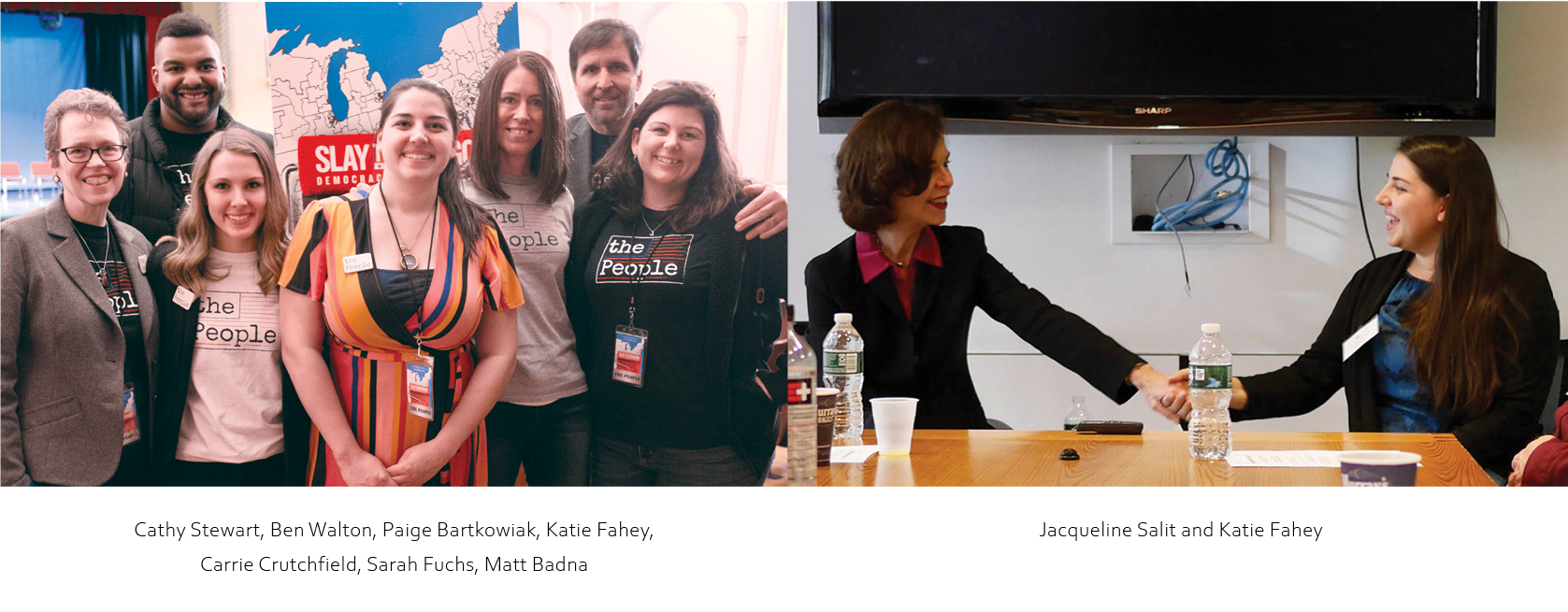
This year saw the publication of two major books on the themes of democracy and political empowerment. In the first, Democracy Unchained, co-authors Jackie Salit and Thom Reilly, former Chancellor of the Nevada System of Higher Education, penned a chapter on the rise of the independent voter and how this growing community of Americans can be a force for a new wave of political reform. In the second, IV Board of Directors member Dr Omar Ali, a distinguished historian and independent activist based at the University of North Carolina in Greensboro, gave permission to Ohio University Press to publish an updated edition of his 2008 book, In the Balance of Power: Independent Black Politics and Third-Party Movements in the United States. The book couldn’t be more timely. Ali invited Salit to write a new Afterword for the revised edition and worked with the team at Ohio University Press to design a new cover. This book becomes available at the end of September 2020.
